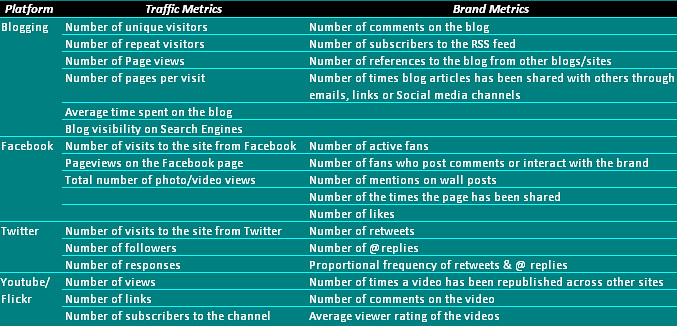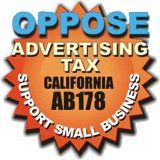In its quest for links, Google promotes its URL shortener | Econsultancy VIP thought piece showing the importance and direction of search and social integration...
Posted 01 October 2010 09:01am by Patricio Robles with 7 comments
Google may be the most dominant search engine in many parts of the world, but that doesn't mean that it doesn't have its work cut out for it in meeting future challenges.
One of those challenges: tapping into all the links that are being shared on services like Facebook and Twitter. After all, the links sharing that takes place on these services represents a potentially valuable 'signal' that Google can factor into its algorithm.
That's the real reason, for instance, why Google's Marissa Mayer is disappointed about all that content Facebook has "locked in": Google can't easily spider it, put context around it and build a stronger search experience with it.
So what can Google do? With Twitter, it inked a data deal giving it access to Twitter's firehose. But realistically it needs more than that. So it's now pushing URL shortener, goo.gl, a bit harder. The obvious goal: build a stronger presence in the URL shortening market, which has largely been built on the back of growing amount of content sharing taking place on Twitter and Facebook.
goo.gl, of course, isn't new. It was launched nearly a year ago but Google never really put it in position to compete with other URL shorteners like bit.ly. Instead, it integrated goo.gl into other Google products. Yesterday, however, Google launched a real website for goo.gl, where anyone with a link can now shorten it to a very Googley goo.gl URL.
Feature-wise, goo.gl is a lot like other URL shorteners. There are analytics features, and Google has an API for developers. If you have a Google account, Google will keep track of all the links you've shortened for easy access to analytics data. In short (no pun intended), goo.gl looks a lot like bit.ly, which apparently hasn't gone unnoticed by bit.ly CEO John Borthwick. But goo.gl does have one advantage over its smaller but better established competitor: it may be more reliable. As we previously covered, web monitoring company WatchMouse saw 100% uptime for goo.gl when it conducted a study of URL shortening services.
But will that be enough? Probably not. Twitter and Facebook still have direct access to links shared by their users, and established players like bit.ly have branding. As such, Google will its work cut out for it if it hopes to make goo.gl a go-to URL shortener.
 founder Gurbaksh Chahal
founder Gurbaksh Chahal sold his ad network BlueLithium to Yahoo
sold his ad network BlueLithium to Yahoo for $300 million in 2007. At the time, Chahal’s company was the fifth largest ad network in the United States and the second largest in the United Kingdom. Chahal’s non-compete contract with Yahoo just ended last week, and he’s getting back into the online ad business. Today, he’s launching RadiumOne
for $300 million in 2007. At the time, Chahal’s company was the fifth largest ad network in the United States and the second largest in the United Kingdom. Chahal’s non-compete contract with Yahoo just ended last week, and he’s getting back into the online ad business. Today, he’s launching RadiumOne , an online ad network that aims to combine social and intent data to serve ads.
, an online ad network that aims to combine social and intent data to serve ads. 






